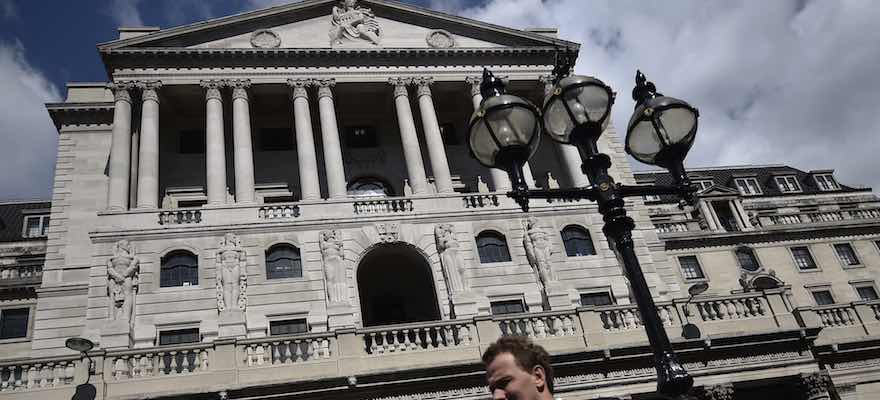If you haven’t been tracking the development of the FX Global Code of Conduct, now is a good time to begin paying attention. Today marks the start of the irreversible process that will force all market participants in the FX industry to .
The UK central bank’s signature below the document starts a trickle down process that will cause prime brokers, prime of primes, liquidity providers and brokers to commit to FX Global Code of Conduct.
Six other central banks in the European System of Central Banks (ESCB) have simultaneously issued statements of commitment to the FX Global Code. All the ESCB central banks are strongly committed to supporting and promoting adherence to the FX Global Code.
The announcement comes a little over a month after the document was updated to include a orders section. Some and providers already committed to the code last year.
Prime Brokers Next in Line
The Bank of England is also officially committing to the UK Money Markets Code and the global Precious Metals Code. The signature of the UK’s central bank is very important to the industry as prime brokers are next in line – after the former officially commits to the document, it is only a matter of time before the latter sign the document themselves.
“We expect regular counterparties to commit to embedding these principles of good practice in their market activities. Fair, transparent and robust markets, underpinned by high standards, benefit all participants,” Bank of England deputy governor Dave Ramsden explained.
The clients of prime brokers will be next in line, making the FX Global Code of Conduct one of the most important pieces of documentation for the industry. It has to be thoroughly reviewed by firms in order to confirm compliance.
Trickle Down Effects
By design, the FX Global Code of Conduct is a document that has been developed to address worries about FX market manipulation. The magnitude of the misconduct of a number of global banks was what triggered the review of the trading rules led by the Bank of International Settlements.
After many financial institutions were fined billions of dollars for attempting to manipulate global FX markets, the publication of the code in May 2017 marked the beginning of a new era of conduct. While voluntary, the banks that want to transact with central banks need to sign it in order to be able to do business.
Ramsden commented: “The Bank is strongly committed to supporting and promoting adherence to these codes. We are leading by example in publishing our Statements of Commitment today.”
The Czech National Bank, the Bank of Spain, the Central Bank of Cyprus, the National Bank of Austria, the National Bank of Poland and the National Bank of Romania also announced formal adherence to the FX code today.





Be First to Comment